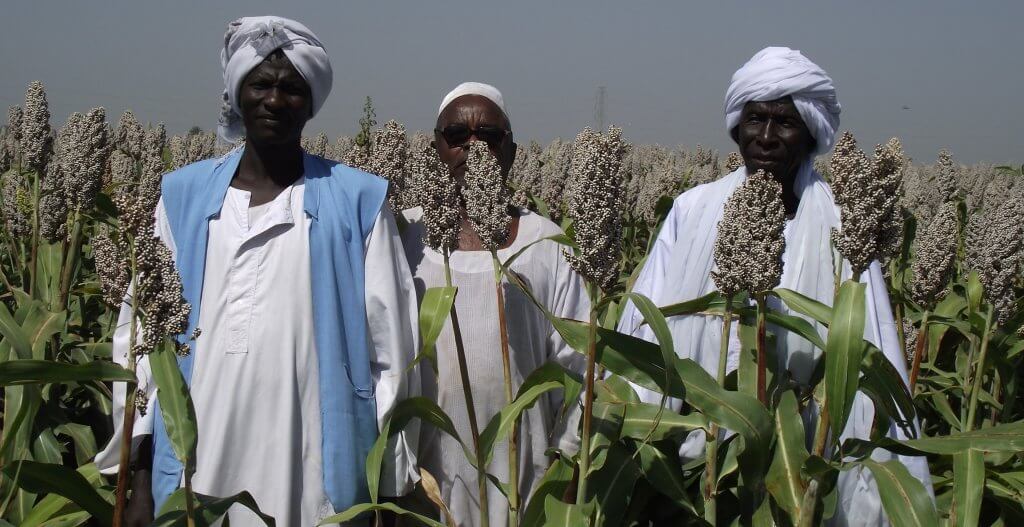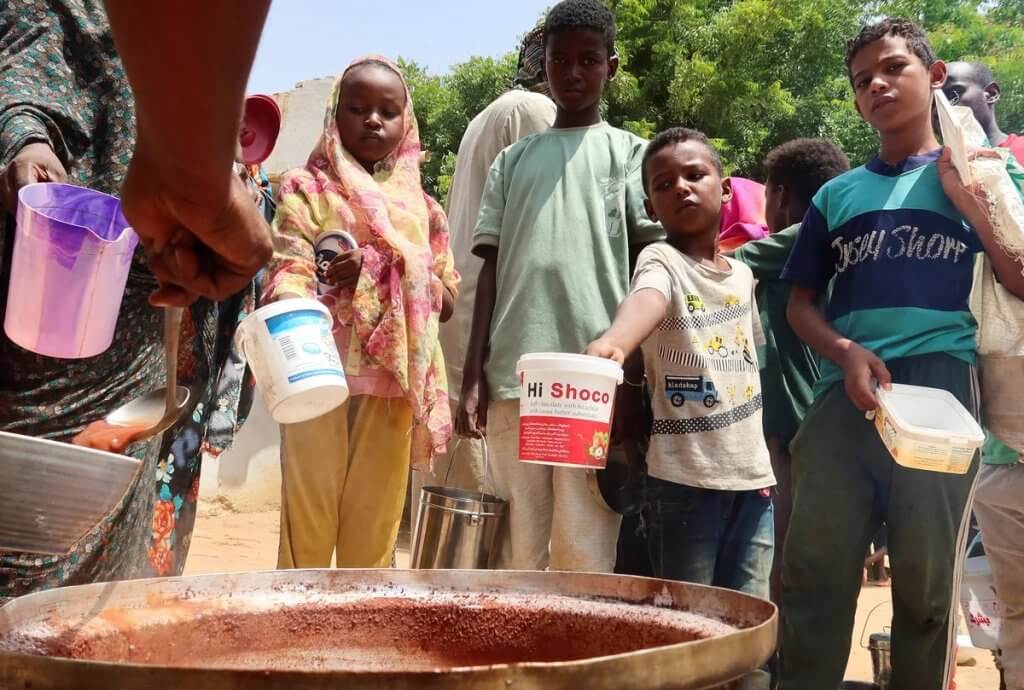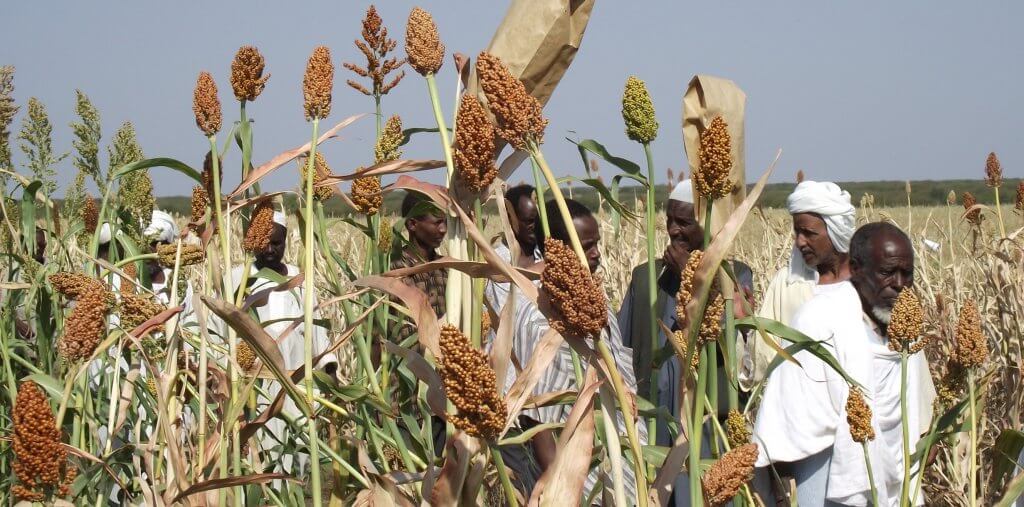Saving Sudan: Emergency food aid now, thereafter—back to Agricultural production
Ben Moses Ilakut
Top international humanitarian and aid agencies including the World Food Programme (WFP), and the Food and Agriculture Organisation (FAO) in the last few days called for emergency response to the food situation in Sudan following a declaration of famine in the Zamzam camp.
Famine is a severe and widespread lack of food that leads to extreme hunger, malnutrition, and increased mortality in a population.

Famine confirmed
The WFP has confirmed famine in the camp sheltering hundreds of thousands of displaced people in Sudan’s North Darfur Region following months of food stock-outs resulting from conflict, displacement, and constraints in access to humanitarian assistance. There is also a high risk of famine in multiple regions if immediate action is not taken. Besides Darfur, as of today, more than 13 areas of the country will in the coming months face famine. An additional 14 million people (without factoring the grim statistics before April 2023 when the war erupted) are facing acute hunger and hunger-related deaths, according to WFP.

Half the population in hunger
A total of 25.6 million people, over and above the total population of 47 million people are facing acute hunger, according to the Integrated Food Security Phase Classification (IPC) – the global standard which measures food insecurity.
Global humanitarian agencies call for support
In a rallying call to urgent support, WFP has passionately appealed. “We urgently need a massive increase in funding to ramp up assistance at the scale required to avert famine. As the war in Sudan rages on, more people have been pushed into catastrophic levels of hunger. The World Food Programme (WFP) is in a race against time to stop famine in its tracks, rapidly scaling up our emergency response to save more lives.”
What went wrong?
The escalating food crisis comes after 15 months of an increasingly deteriorating conflict and violence among Sudanese armed factions in the civil war that started in April 2023, which has made the delivery of much-needed food items and monitoring the food crisis uphill tasks. The conflict has raged on unabated, restricted movements of goods and services, disrupted markets, and hindered agricultural production and humanitarian access hence diminishing availability and access to food for the population.
Since the war broke out more than 10 million people have been internally displaced, hence losing their livelihoods and becoming dependent on humanitarian assistance. More sadly, even access to humanitarian support has been curtailed by the war situation. More so, the war and its impacts have been aggravated by prolonged droughts and severe flooding, which have devastated crop and livestock productivity with the national cereal production in 2023 dropping down by 46% from the 2022 baseline.

Africa must act
Saving the lives of the Sudanese brothers and sisters requires addressing the root cause of the food crisis and of the conflict.
While the principles at war in Sudan hardly show any tendency to resolve the conflict, African leaders—at the forefront—supported by global leaders have an urgent critical role to play by pursuing the following widely recommended measures:
Call for an urgent de-escalation: With African leaders in the lead, the first logical step is to insist that the two principals at war in Sudan unconditionally agree to mechanisms aimed at reducing confrontation to provide room to save lives.
Provide access to aid: The Sudan leaders must acknowledge that the people whose interest they claim to fight for need urgent food stocks to live and humanitarian agencies are ready to assist. They therefore should do whatever it takes to let food reach the populations.
Provide more food: Humanitarian agencies continue their lobby to enhance funding to increase the amount of food assistance and other essential supplies.
Mind nutrition aspects: Programmers managing the food aid coordination endeavor to integrate and scale up nutrition interventions in the food packages targeting children and pregnant mothers.
Support agricultural interventions: While food aid is critical and urgent, it is important to note that the only sustainable way to deal with food issues is empowering people to produce food for themselves and providing mechanisms for food to move from arrears of surplus to those of deficit. To this end, there is need for agricultural inputs including seed and farm implements to ramp up production by the people themselves.
And back to the basics, for all the enlisted efforts to yield fruit, there must be de-escalation of the conflict and, hopefully, a peaceful settlement.
